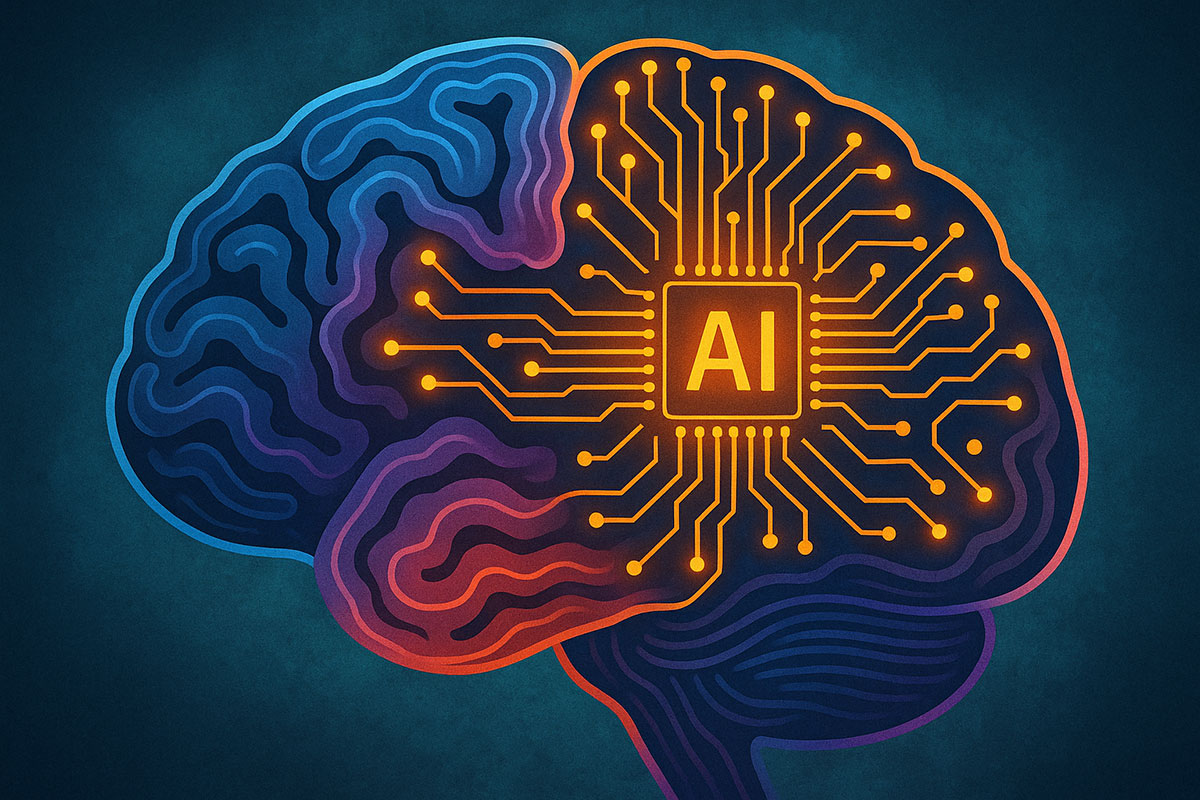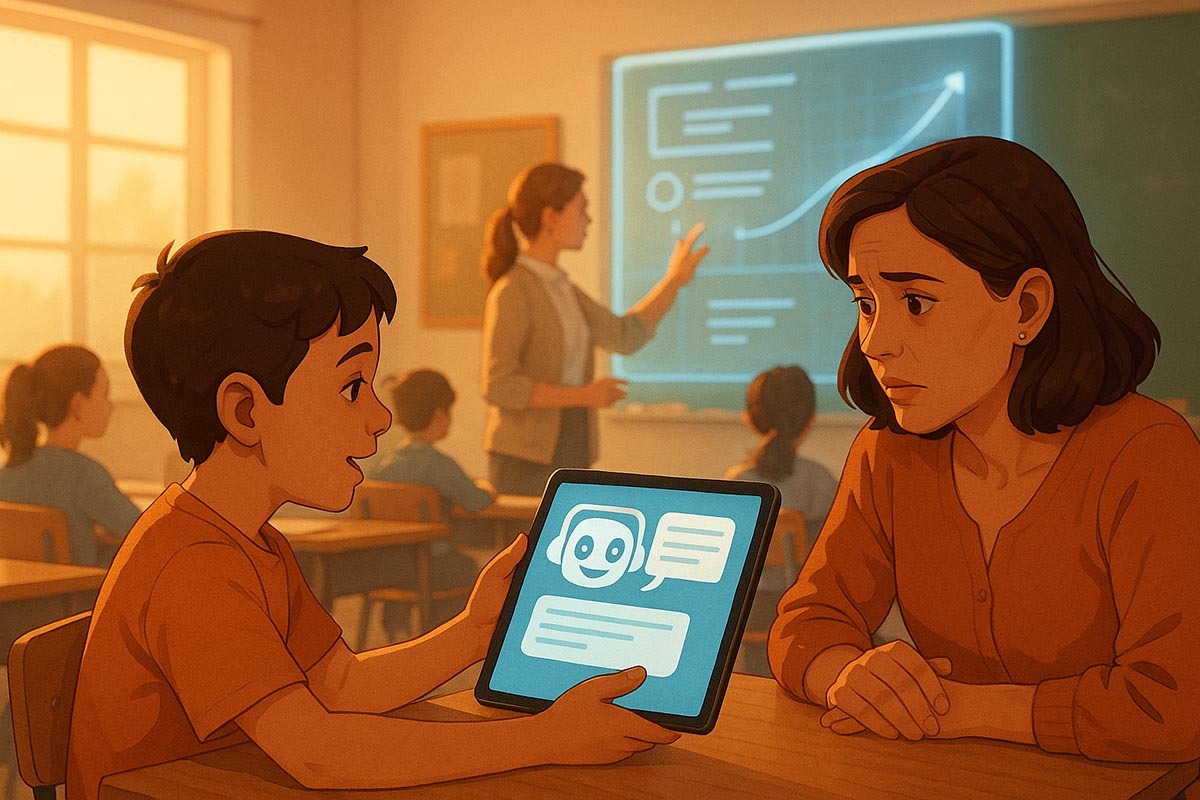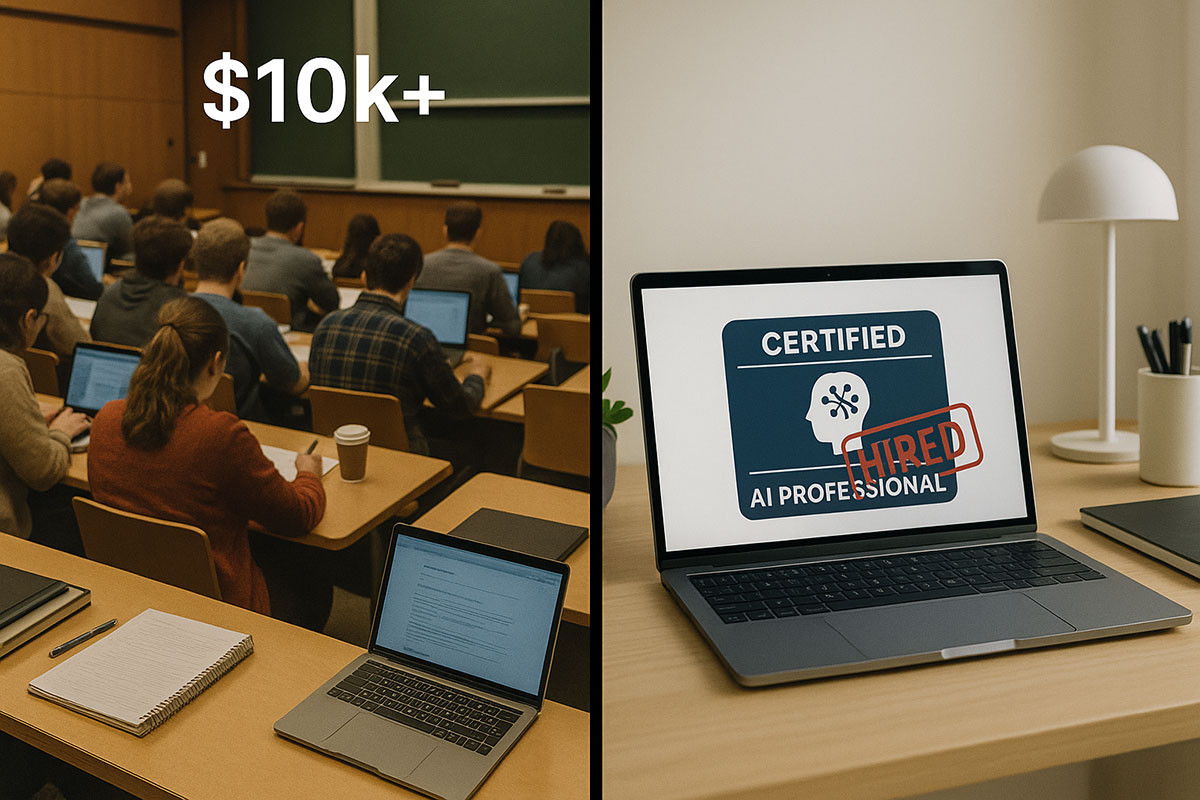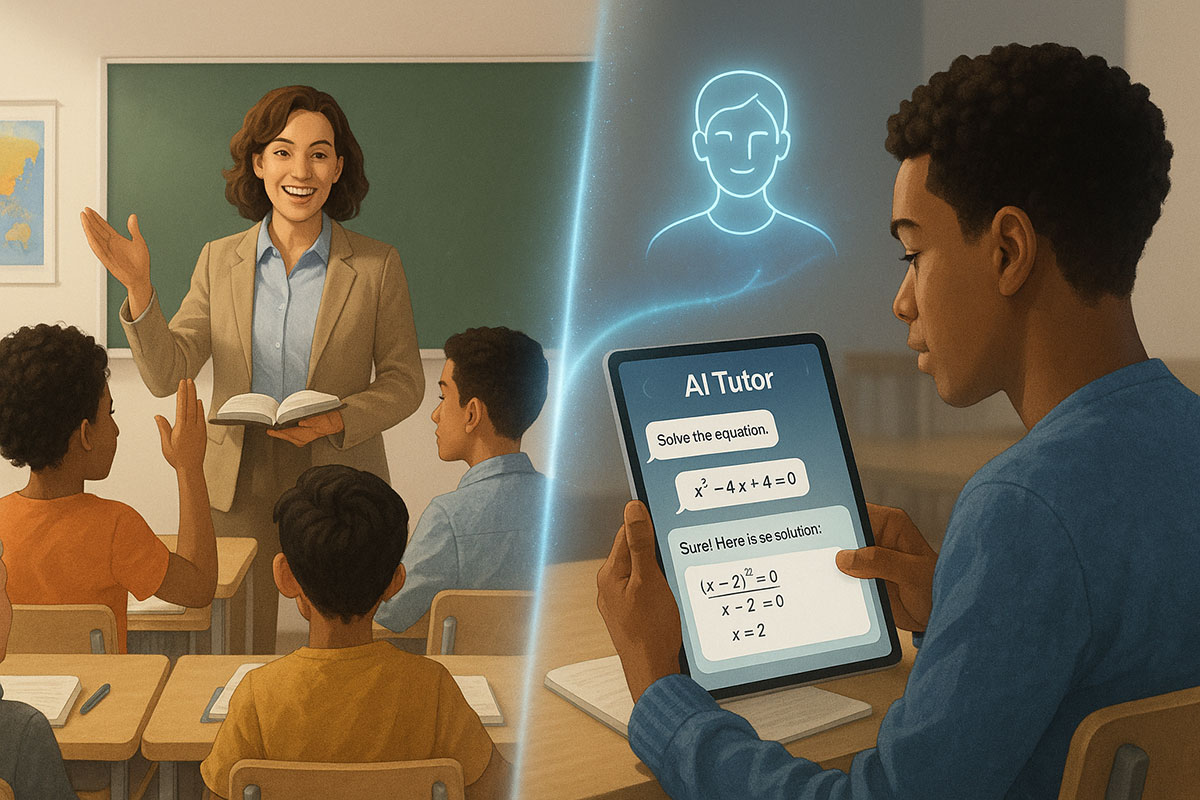AI and Mental Health: New Challenges Emerging in 2025
AI brings innovation to healthcare, but in 2025, experts are seeing new mental health challenges linked to its widespread use.
TrendFlash

Introduction: The Truth Crisis
For centuries, seeing was believing. A photograph was proof something happened. A video was evidence. In 2025, that's no longer true. AI can generate photos, videos, audio so convincing that humans can't tell the difference. We're entering an era where truth is harder to establish than ever before.
This guide explores AI-generated content, detection methods, and what it means for society.
What AI Can Generate (Today, November 2025)
1. Images & Photos
Tools: Midjourney, DALL-E, Stable Diffusion, others
What they can create:
- Photorealistic images from text descriptions
- Images in specific styles (photojournalism, art, etc.)
- Complex scenes with multiple subjects
- Images of non-existent people
Quality: Indistinguishable from real photos for most people
2. Video Content
Tools: Runway Gen-3, D-ID, others
Capabilities:
- Generate video from text descriptions
- Create AI avatars speaking (no actor needed)
- Edit existing video (remove objects, change backgrounds)
- Generate realistic motion and physics
Status: 30-60 second videos convincing; longer still noticeable
3. Audio & Voice
Tools: ElevenLabs, Google NotebookLM, others
Capabilities:
- Clone voices from small audio samples
- Generate speech in any language
- Create realistic phone calls
- Generate podcasts automatically
Quality: Difficult to detect (especially over phone)
4. Text Content
Tools: ChatGPT, Claude, others
Capabilities:
- Generate articles, essays, news stories
- Imitate writing styles
- Create marketing copy
- Generate misinformation convincingly
Quality: Often indistinguishable from human writing
5. Combined Deepfakes
What they are: Video + audio synthesized to show someone saying/doing something they never did
Famous examples: Celebrity deepfake videos (for entertainment/non-consensual content)
Threat: Politicians, public figures impersonated for misinformation
The Problem: Erosion of Trust
What We've Relied On
- Photos as evidence
- Videos as proof
- Audio recordings as documentation
- News articles from reputable sources
What Breaks
- All of the above can now be faked convincingly
- Difficult to detect fakes (even experts fooled sometimes)
- Adversaries have incentive to create fakes (misinformation)
- Trust in media eroding (people can't tell real from fake)
The "Liar's Dividend" Problem
Real evidence can be dismissed as AI-generated. Even authentic videos can be claimed fake.
Example: "That video of me is a deepfake" (might be true or false, hard to know)
Real-World Harms (Already Happening)
Political Misinformation
- AI-generated videos of politicians saying things they didn't
- Fake speeches going viral before correction
- Election interference potential
Celebrity Non-Consensual Content
- Deepfake pornography without consent
- Psychological harm to victims
- Distributed widely
Financial Fraud
- Deepfake CEO videos authorizing transfers
- AI-cloned voices in phone calls requesting passwords
- Fake testimonials in scams
Impersonation & Manipulation
- Fake videos of family members in crisis (requesting money)
- Fake news stories for propaganda
- Fake evidence used in court cases
Detection: Can We Tell Fake From Real?
Deepfake Detection Methods
Visual artifacts (sometimes visible):
- Unnatural eye movements
- Blinking irregularities
- Lip sync issues
- Facial texture inconsistencies
- Hair/clothing glitches
Tools for detection:
- Deepfake detection AI (getting better)
- Reverse image search (find original)
- Metadata analysis (verify source)
- Content analysis (check for misinformation signals)
Reality check: Detection tools work ~70-80% (not perfect)
The Escalation Problem
As detection improves, generation improves. It's an arms race:
- Year 1: Easy to detect (obvious artifacts)
- Year 2: Harder to detect (fewer artifacts)
- Year 3: Difficult to detect reliably
- Year 4: Nearly indistinguishable
We're at Year 3-4 now (November 2025)
How to Protect Yourself
1. Develop Healthy Skepticism
- Assume sensational content might be fake
- Check multiple sources before believing
- Be especially skeptical of emotional content (designed to provoke sharing)
- Verify important information independently
2. Check Sources
- Where did this come from?
- Is the source reputable?
- Does it have verification marks?
- Can you trace it back to original?
3. Look for Corroboration
- Do multiple reliable sources report this?
- Is there official confirmation?
- Are there primary sources?
4. Use Detection Tools
- Reverse image search (Google Images, TinEye)
- Metadata tools (check when/where taken)
- Deepfake detection tools (improving)
- News verification services
5. Be Cautious of Emotional Content
- Content designed to provoke emotion is often propaganda
- Pause before sharing emotional content
- Verify before spreading
What Society Should Do
Technical Solutions
- Better detection tools
- Watermarking AI-generated content
- Blockchain verification of media
- Digital provenance tracking
Policy Solutions
- Laws requiring disclosure of AI-generated content
- Bans on non-consensual deepfake content
- Penalties for election-related misinformation
- Platform responsibility for false content
Cultural Solutions
- AI literacy education
- Critical thinking development
- Trusting established journalism
- Demanding verification from media
Conclusion: In 2025, Seeing Is No Longer Believing
AI-generated content is becoming indistinguishable from real. This poses genuine threats to trust, truth, and society. Individual protection helps, but society-wide solutions needed: better detection, better policy, and better literacy.
In the meantime: stay skeptical, verify before believing, and resist the temptation to spread unverified content.
Explore more on AI ethics at TrendFlash.
Share this post
Categories
Recent Posts
Opening the Black Box: AI's New Mandate in Science
AI as Lead Scientist: The Hunt for Breakthroughs in 2026
Measuring the AI Economy: Dashboards Replace Guesswork in 2026
Your New Teammate: How Agentic AI is Redefining Every Job in 2026
Related Posts
Continue reading more about AI and machine learning

AI in Schools 2025: Parents' Complete Guide (Good, Bad, and What to Do)
From "smart" toys that talk back to automated grading systems, AI has officially rewired childhood. With 86% of students using AI, parents are asking: Is this helping them learn, or helping them cheat? We break down the reality of the 2025 classroom.

8 AI Certifications That Actually Get You Jobs (And Won't Cost $10K)
With the AI education market hitting $8.3B in 2025, thousands of courses promise the world but deliver little. We've cut through the noise to find the 8 credentials that employers actually respect—and they won't bankrupt you.

AI Teachers Are Here: Do Human Teachers Have a Future? (2025 Report)
The education sector is facing a seismic shift. AI tutoring systems are now embedded in 59% of institutions globally. Teachers worry. Parents worry. Students wonder if they still need classrooms. But here's the truth: AI isn't replacing teachers. It's forcing them to evolve into something far more valuable.